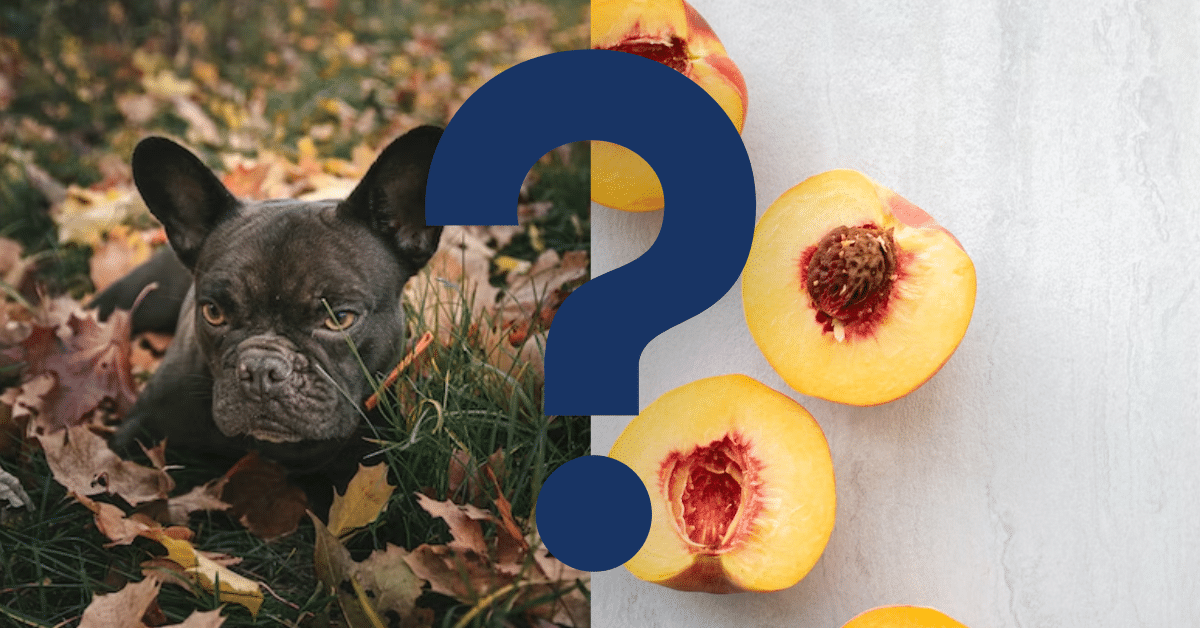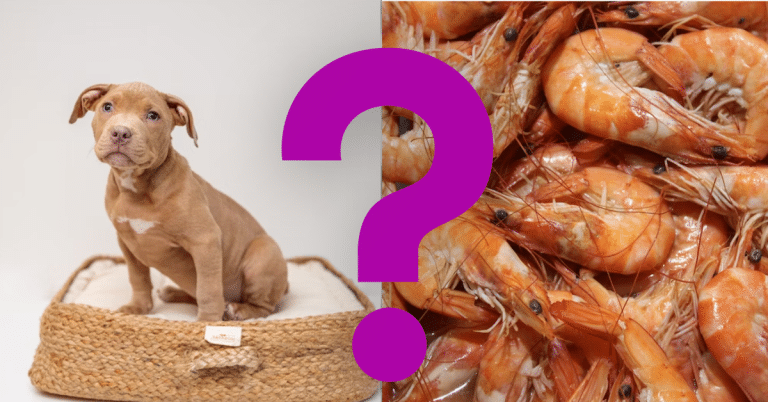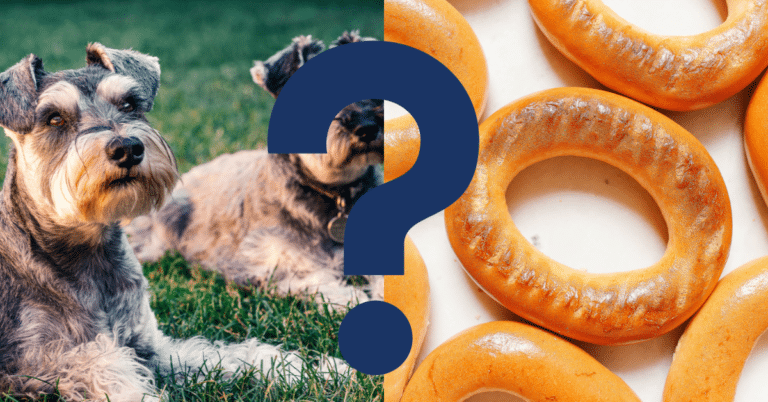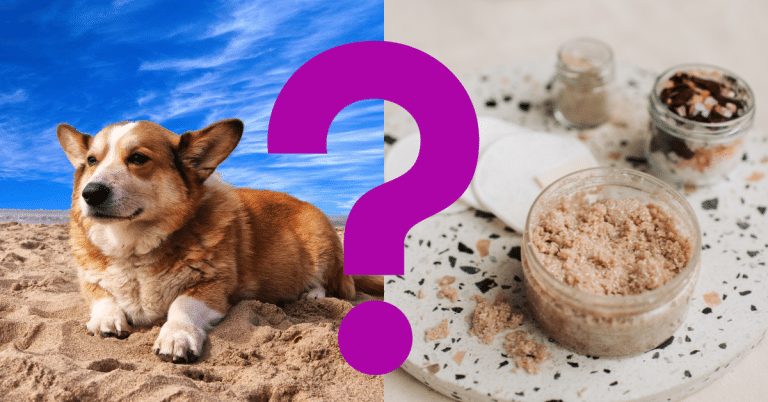Can Dogs Eat Peach? A Vet’s Opinion

Peaches are a good source of dietary fiber, vitamins A and C, potassium, and are low in calories, but can dogs eat peaches?
Dogs can eat peaches, but it’s crucial to feed them sparingly and carefully prepare them. Given in moderation, peaches can be a delightful and healthful treat for dogs. Make sure your dog cannot get any plant materials, including peach pits.
Benefits Of Peach For Dogs
When fed in moderation, peaches can offer some nutritional benefits to dogs. Several advantages of peaches for dogs include the following:
- Fruits are excellent sources of vitamins. Peaches being an excellent source of vitamins A and C, which can help in maintaining your dog’s health and overall immunity. Furthermore, they include minerals like potassium, which is essential for normal organ function.
- Peaches contain nutritional fiber, which can help dogs digest food and maintain regular bowel motions. Maintaining a healthy gastrointestinal system is facilitated by fiber.
- Peaches have a high-water content, which may help your dog stay hydrated. Fruits containing high water content can benefit dogs when it’s hot outside or if your dog isn’t drinking enough water.
- Cells can be protected from the damage that free radicals can cause by vitamin C and other antioxidants present in peaches. Antioxidants may benefit your health and reduce your risk of contracting specific diseases.
It’s crucial to remember that even while peaches can provide some nutritional advantages, dogs should only occasionally be given them as treats. Peaches contain a lot of natural sugars, therefore consuming too many can cause diarrhea, upset stomach, or weight gain. When introducing peaches or any new cuisine in your dog’s diet, moderation is crucial.
Additionally, different dogs may react differently or have allergies to peaches or other foods. When introducing new foods to your dog, always keep an eye on how they behave and speak with your veterinarian if you have any worries or queries about your dog’s nutrition.

How To Safely Give Peach To Dogs
To safeguard your dog’s safety, make sure to abide by these rules when feeding them peaches:
Remove The Pit
Be sure to remove the pit before giving your dog any peaches. The pit has a hard shell that can suffocate dogs and is challenging for them to digest. Avoid allowing your dog approach the pit and properly dispose of it.
Cut The Peach Into Manageable Bite-Sized Pieces
Cut The Peach Into Manageable bite-sized pieces by thinly slicing it. This lessens the possibility of choking and makes it easier for your dog to eat. The peach can also be pureed or mashed to add to your dog’s normal diet or make frozen treats.
Peaches should only be fed to dogs sparingly because of their natural sugar content. They may have stomach trouble or gain weight if they consume too much sugar. Instead of making peaches a staple in their diet, suggest them as an occasional treat.
Examine Your Dog For Any Allergies Or Dietary Sensitivities
Stop feeding peaches if you experience any alarming symptoms, and then go to your veterinarian.
Think About Freezing Peaches
Frozen peach slices can be a cool treat for dogs, particularly in hot weather. By mixing the fruit with a little water or yoghurt and freezing it in moulds or ice cube trays, you may freeze small pieces of peach or even make your own frozen peach desserts.
Serve peaches simple, without seasonings or other additives, and make sure they are fresh before giving them to your dog. Avoid canned peaches because they frequently have extra sugars or syrups that are bad for dogs.
Observe serving size: Be mindful of the serving size you give your dog. Peaches included, eating too much fruit can cause digestive issues for others. Before increasing the serving size, start with a modest quantity and watch how your dog responds.
Before introducing new items to your dog’s diet, always check with your veterinarian, especially if the animal has any underlying medical issues or special nutritional needs.
Will Peach Make A Dog Sick?
Peaches are usually safe to feed your dogs, however every dog has unique and different sensitives to distinct food items. It is essential to consider certain factors while feeding peaches to your dog:
- Dogs can experience allergies or dietary sensitivities to foods, such as peaches, just like humans do. To gauge your dog’s reaction, it is advised to introduce peaches gradually and in tiny doses. Look out for allergy symptoms such itchiness, skin rashes, digestive or respiratory problems, or redness of the skin. Consult your veterinarian and stop feeding peaches if you experience any negative effects.
- Peaches are a great source of natural sugars and fiber, which may cause digestion issues for certain dogs. Particularly if they consume large quantities of them or have sensitive stomachs, peaches have the potential to cause diarrhea, stomach pain, or an upset stomach. It’s critical to monitor your dog’s reactions to peaches and to only give them occasionally.
- Pit and other peach parts: The pit or seed of a peach has a hard shell that can be choking for dogs and is tough for them to digest. Before giving your dog a peach, always remove the pit. In addition, avoid giving your dog the peach skin because it can be thick and difficult to digest. Don’t give your dog anything but the flesh.
Peach may be used as an ingredient or as a garnish in some savoury meals. Make sure these recipes don’t contain any hazardous elements, such garlic or onions, which might be bad for dogs. Additionally, the safety of any additional sauces, oils, or seasonings for dogs should be verified.

A Vet’s Summary
In general, a lot of vets concur that giving dogs fresh, simple peaches occasionally can be a safe and nutritious treat. Peaches may be a good source of vitamins A and C, dietary fibre, and other beneficial nutrients. It’s critical to remember that each dog may have unique nutritional needs, health conditions, or allergies that could influence their ability to tolerate peaches. It is typically wise to speak with your veterinarian before introducing a new food to your dog’s diet.
Probiotics are given usually to maintain dog’s health. By encouraging the growth of helpful bacteria, stifling the growth of bad bacteria, and aiding in digestion and nutrient absorption, probiotics can promote the maintenance of a healthy gut environment. They may be especially helpful when a dog is receiving antibiotic therapy, making nutritional changes, or when they are under stress or experiencing stomach problems.
Veterinarians can offer individualized guidance based on your dog’s unique demands because they have in-depth understanding of their health. They can assess any possible hazards or advantages of feeding peaches to your dog and make suggestions based on the circumstances specific to your dog.
Videos To Watch
Video mentioned below will help you in guided whether feeding peaches to your dogs is beneficial or not.
This video helps you in guiding whether peach related food items can be fed to dogs or not.






